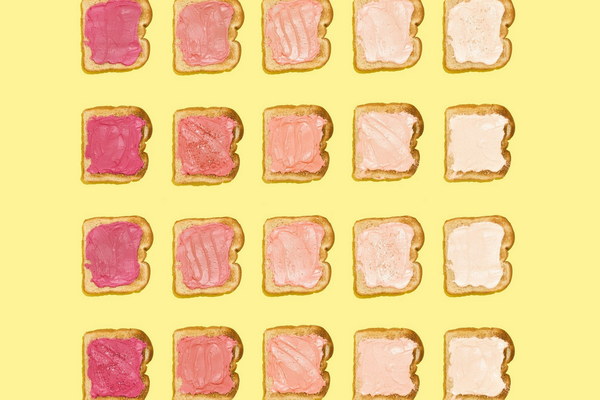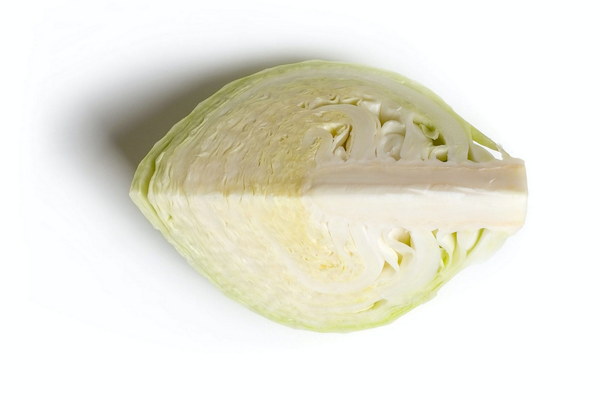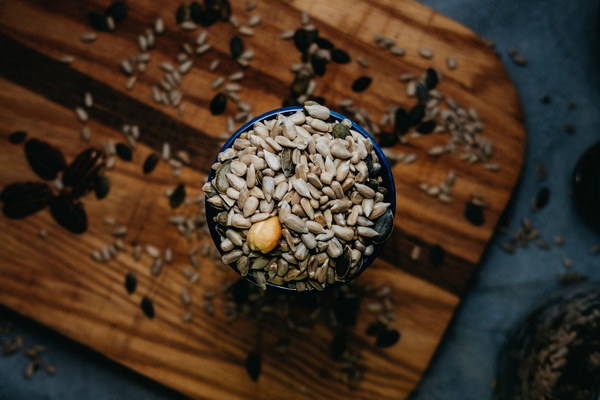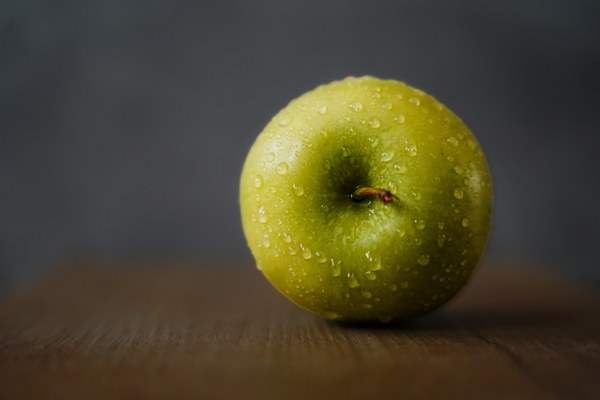Harmonizing the Body Traditional Chinese Medicine Approaches to Managing Hyperthyroidism
Hyperthyroidism, or an overactive thyroid, is a common endocrine disorder that affects millions of people worldwide. While conventional treatments often involve medication or surgery, Traditional Chinese Medicine (TCM) offers a holistic approach to managing this condition. By focusing on balancing the body's energy, or Qi, and addressing the root cause of the imbalance, TCM can provide relief and improve overall well-being for those with hyperthyroidism.
In TCM, hyperthyroidism is often linked to an excess of Yang energy and an imbalance in the Liver and Kidney systems. To address these issues, TCM practitioners may employ a variety of treatment methods, including herbal medicine, acupuncture, dietary changes, and lifestyle adjustments. Below, we'll explore these approaches in more detail.
Herbal Medicine:
Herbal remedies play a significant role in TCM's treatment of hyperthyroidism. Certain herbs are believed to help balance the body's Yin and Yang energies, calm the Liver, and nourish the Kidneys. Some commonly used herbs include:
- Rehmannia (Shu Di Huang): Known for its Yin-nourishing properties, Rehmannia can help balance the body's energy and reduce the heat associated with hyperthyroidism.
- Peony (Mu Dan Pi): This herb is believed to calm the Liver and relieve heat, which can help alleviate symptoms such as irritability and anxiety.
- Coix Seed (Yi Yi Ren): Coix Seed is thought to help drain dampness and relieve the swelling and heat associated with hyperthyroidism.
- Motherwort (Suan Zao Ren): This herb is often used to nourish the heart and calm the mind, which can be beneficial for those experiencing palpitations, anxiety, and insomnia due to hyperthyroidism.
Acupuncture:
Acupuncture is another essential component of TCM's approach to managing hyperthyroidism. By inserting fine needles into specific acupuncture points, practitioners aim to balance the body's Qi and improve overall health. Common points used for hyperthyroidism include:
- GB20 (Fengchi): Located on the back of the neck, this point is believed to help calm the Liver and reduce heat.
- LV3 (Taixi): Situated on the inner side of the ankle, LV3 is thought to nourish the Kidneys and regulate Yin and Yang.

- HT7 (Shenmen): This point, located on the wrist, is known for its calming effects on the mind and can help alleviate anxiety and insomnia.
- ST36 (Zusanli): Found on the front of the lower leg, ST36 is believed to strengthen the body's overall energy and support the Kidneys.
Dietary Changes:
A balanced diet is crucial for managing hyperthyroidism, and TCM offers specific dietary recommendations to help balance the body's energy. These include:
- Avoiding spicy, greasy, and fried foods, as they may exacerbate the heat and imbalance in the body.
- Incorporating cooling foods, such as leafy greens, fruits, and vegetables, to help reduce heat and inflammation.
- Consuming foods rich in iodine, such as seaweed, fish, and dairy products, as iodine is essential for thyroid function but should be consumed in moderation.
- Including foods that nourish the Kidneys and Liver, such as nuts, seeds, and beans.
Lifestyle Adjustments:
In addition to herbal medicine, acupuncture, and dietary changes, TCM emphasizes the importance of lifestyle adjustments in managing hyperthyroidism. These include:
- Regular exercise to improve overall health and balance the body's Qi.
- Stress management techniques, such as meditation, yoga, or tai chi, to help calm the mind and reduce stress.
- Adequate sleep to ensure the body has time to rest and recover.
By combining these various treatment methods, TCM offers a comprehensive approach to managing hyperthyroidism. While TCM may not replace conventional treatments, it can provide relief from symptoms and improve overall well-being for those with this condition. As always, it is essential to consult with a qualified TCM practitioner to develop an individualized treatment plan.









